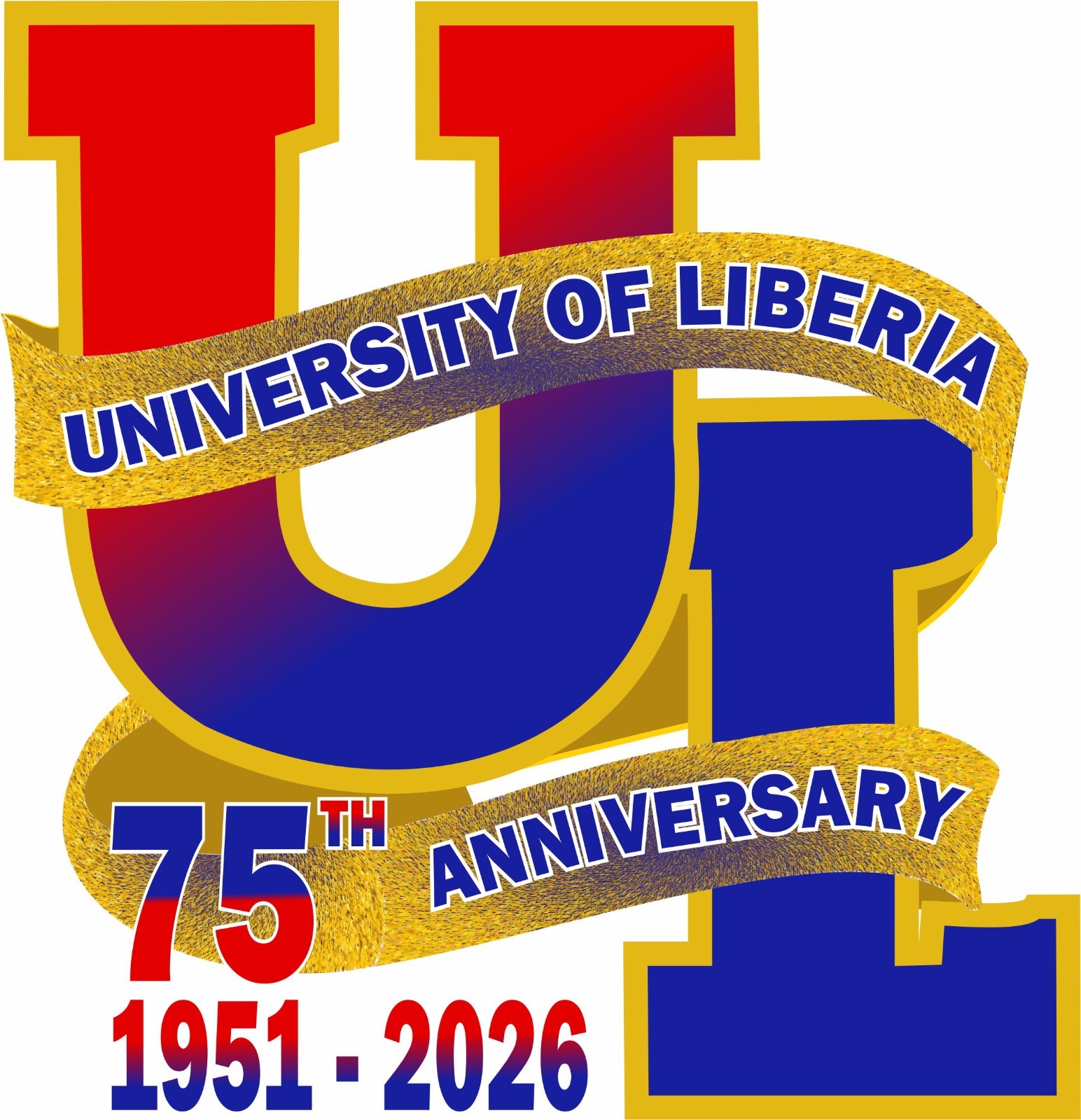KAICT-SSRTT CONDUCTS WOMEN SECURITY FORUM
[wzslider autoplay=”true” transition=”‘flash'”]
The Security Sector Reform Think Tank (SSRTT) at the Kofi Annan Institute for Conflict Transformation of the University of Liberia in collaboration with national and international partners is promoting specialization of women working in public and private security agencies, the civil society security sector watchdog thematic groups and other relevant stakeholders through the introduction of an advance course as a means of enhancing their knowledge on Women, Peace and Security and related research.
The advance course was launched in 2017 as a pilot project and has the broad objective to build the capacity of the Liberian security sector actors, gender activists and practitioners of women, peace and security. The course enhances the mainstreaming of gender in their operations, policies and activities. UN Women is providing support to the project.
Following the launch in 2017, the SSRTT along with partners, Gender and Security Sector National Task Force successfully completed the first and second cohort courses of Women Peace and Security which brought together women and men from across the security sector and civil society institutions.
The course has provided participants with an understanding of gender concepts, the challenges arising in development of gender and security sector policies, international standards such as the UN Security Council Resolution 1325 (2000); and built the capacity of security institutions in responding to sexual and gender-based violence (SGBV).
Women Peace and Security Course has great potential in contributing significantly to sustainable security development in Liberia. “It has so far become the only social and political security training available to government and non-government organizations providing multi-disciplinary knowledge to participants. It is highly required to strengthen the peace building process in Liberia especially in the context of strengthening building or strengthening individual and institutional relationships,” the release is quoted as saying.
The Director of the Kofi Annan Institute for Conflict Transformation, Prof. T. Debey Sayndee has emphasized the importance to extend the course to all parts of the country which has become a popular opinion among graduates of the program. According to Prof. Sayndee Liberia’s major informal security institutions such as traditional leaders, tribal leaders, clans and paramount chiefs, commissioners, religious leaders, etc. need to have opportunity participating in this course in order to enhance relationships and beef up the knowledge of local security.
“The level of improvement described by particularly female participants, the entire country would be gender and security responsive in ways that will guarantee human rights and freedom of people in and out of government if the course is continued. Providing the training nationwide would go a long way in addressing the entrenched gender issues within Liberian communities especially in rural communities where most part of traditional practices bring women and girls under the state of deprivation,” the release states.
In a related development, the Security Sector Reform Think Tank (SSRTT) at the Kofi Annan Institute for Conflict Resolution (KAICT), University of Liberia is also conducting a week long research in line with its work plan. The research is being conducted in Tandem, in Montserrado and Bong counties respectively. The research formerly commenced on January 22, 2019.
According to Prof. Sayndee the research is designed to focus on communities in the two counties through a process of participatory action research. He said it is also an evaluation of the roles being played by traditional leaders and institutions in the light of modern concepts of human rights, rule of law, reconciliation and community development.
Prof. Sayndee furthered that the objective of the research is for participants to come up with recommendations that will improve the roles played by traditional leaders and institutions with the overall goal of enhancing governance and access to justice in post-war Liberia. “The traditional leaders shall be the experts directing the needs for said improvement,” Prof. Sayndee disclosed.

